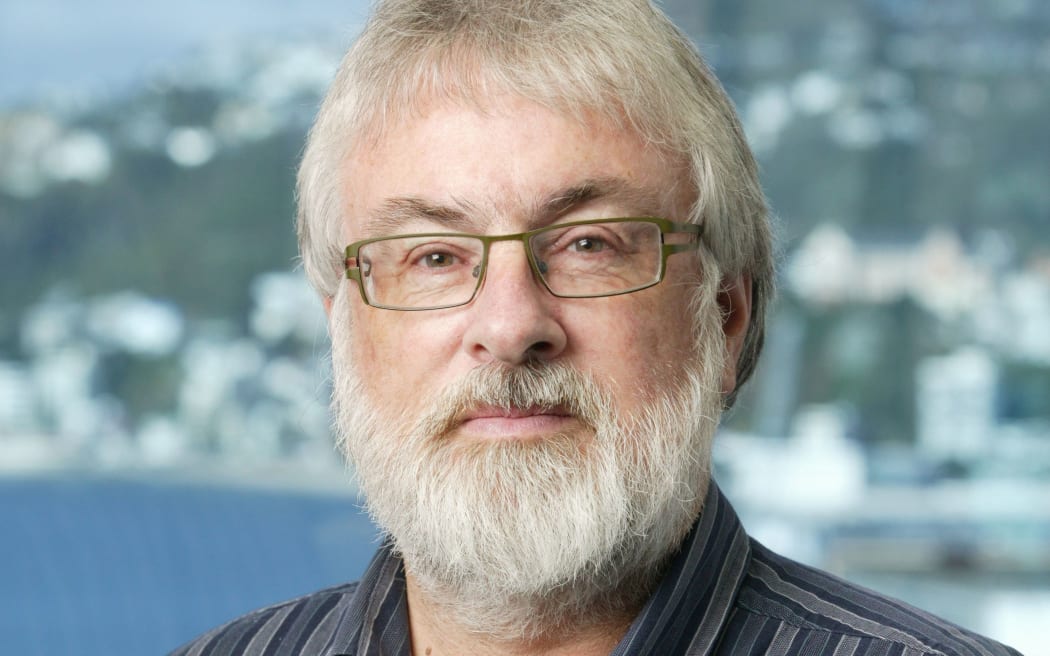
Sue Suckling's roles on a health reform committee and as a company director do not create a conflict of interest, says the Ministry of Health. Photo: Supplied
The Ministry of Health says there is no conflict of interest within a powerful committee overseeing nationwide health reforms.
In July, health commentator Ian Powell accused Sue Suckling, who is chairperson of the Ministerial Advisory Committee on health reform implementation, of "an extraordinary conflict of interest".
Suckling is a director at the country's largest private pathology laboratory company, Awanui.
The conflict of interest claim spurred a ministry 'integrity' unit to take a look, documents revealed to RNZ under the Official Information Act show.
Powell, a long-time critic of consultants' influence on health reforms and former head of the senior doctors' union, said Suckling should stand down from the committee, due to conflict of interest.

Health commentator Ian Powell. Photo: Supplied
"It puts Health New Zealand in a difficult position over how it believes it should respond to the different aggressive behaviours of Awanui," Powell said.
Awanui holds hundreds of millions of dollars of public contracts, has been grappling with striking scientists and technicians since July, and in May backtracked on removing many services from Nelson, amid public backlash.
The six-person ministerial advisory committee, or MAC, occupies a pivotal position, reporting directly to the Health Minister [https://www.rnz.co.nz/news/national/499985/te-whatu-ora-overhaul-no-overall-road-map-a-year-into-reform-briefings-show
over whether health reforms are on track].
Previous Health Minister Andrew Little said it was "essential" MAC members declare and manage any conflicts of interest.
Within days of Powell's statement, a memo went to former Health Minister Ayesha Verrall from the ministry's integrity services. the Official Information Act (OIA) disclosures show.
The memo said Suckling had declared her role at Awanui.
"It seems hard to see how Ms Suckling's role as a director of Awanui would present a standing conflict with the committee," it said.
"The role of the MAC is to provide external advice on progress, support requirements and risk on health reform implementation. It is not about funding or future arrangements for laboratory services."
It was "highly unlikely" that any laboratory issues would come up and if they did, the committee would have to manage that, it said.
In most instances, the best people for roles on such committees were those with "some knowledge of, or experience in, the health system", the memo said.
The committee was set up a year ago by the Transition Unit. This unit, formed three years ago to plan for the reforms, was led by an advisory partner at one of the 'Big Four' consultancies, EY, and dominated by consultants from EY. The contractors have been paid millions of dollars in fees.
The committee secretariat is now run by two private contractors, Rana Wong, formerly of EY, and Rebecca Drew from the consultancy Sapere, which has carried out reviews of Te Whatu Ora.
For 11 months work, the two consultants were paid $333,000, the MAC said.
"There were no conflicts of interests identified" with them, and if any were, these would be managed, the MAC said.
The two contractors were copied into emails and attended meetings with the Health Minister, the OIA documents show.
This was standard practice, the MAC said.
"Neither the MAC or the secretariat contribute to policy advice. The secretariat's job is to support the MAC in its deliberation.
It tried to find suitable internal staff to go on the secretariat a year ago, "but was not successful in identifying the right people with the right skills".
"The chair of MAC [Suckling] requested a lean, senior level secretariat support that was able to hit the ground running from day one; with in-depth knowledge of the sector, the health and disability system review and the health reform decisions made by Cabinet.
"The use of contractors versus employees enabled expediency of establishment and allows the MAC to ramp up or ramp down resourcing as required, dependent on the work programme and level of support required by the MAC and the minister."
The secretariat contracts run for 18 months to June 2024 - which is also the deadline for the three central health agencies to show concrete progress with reforms.





